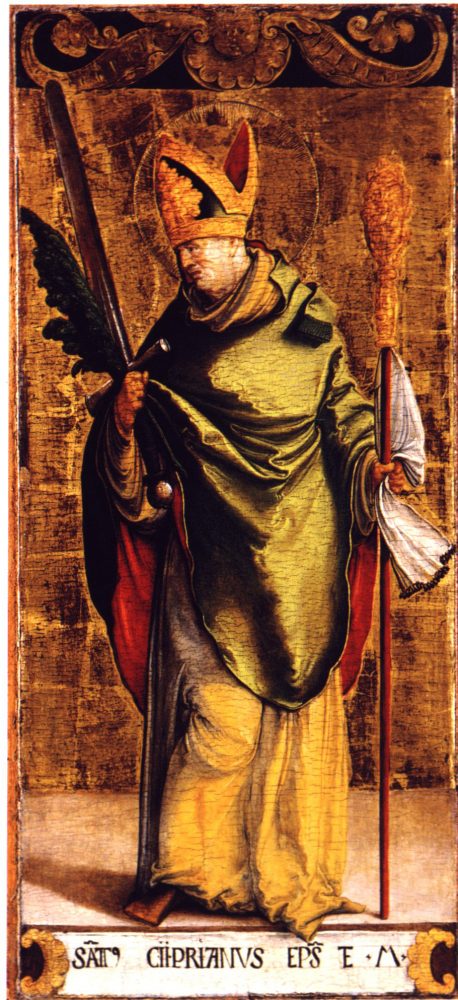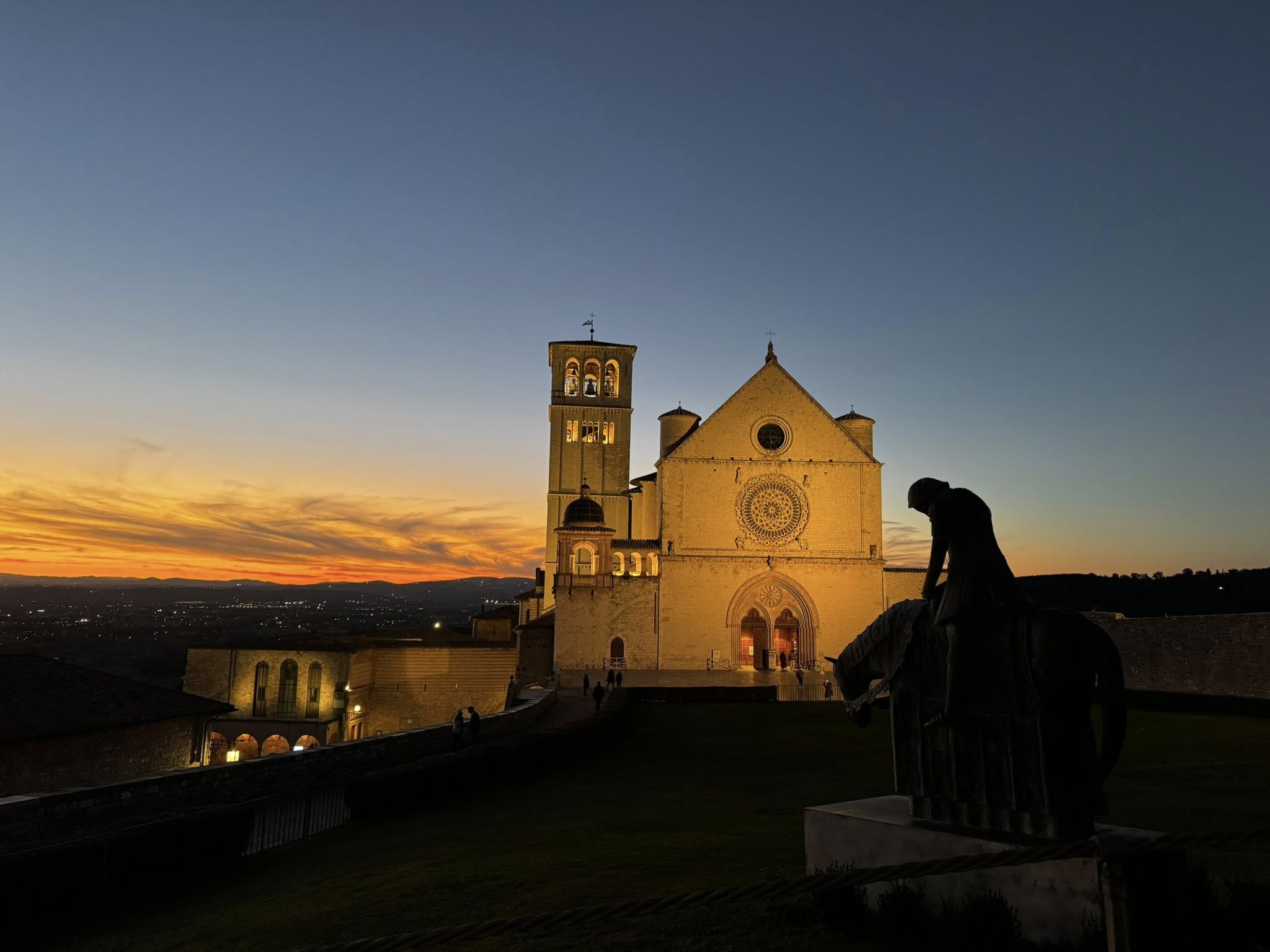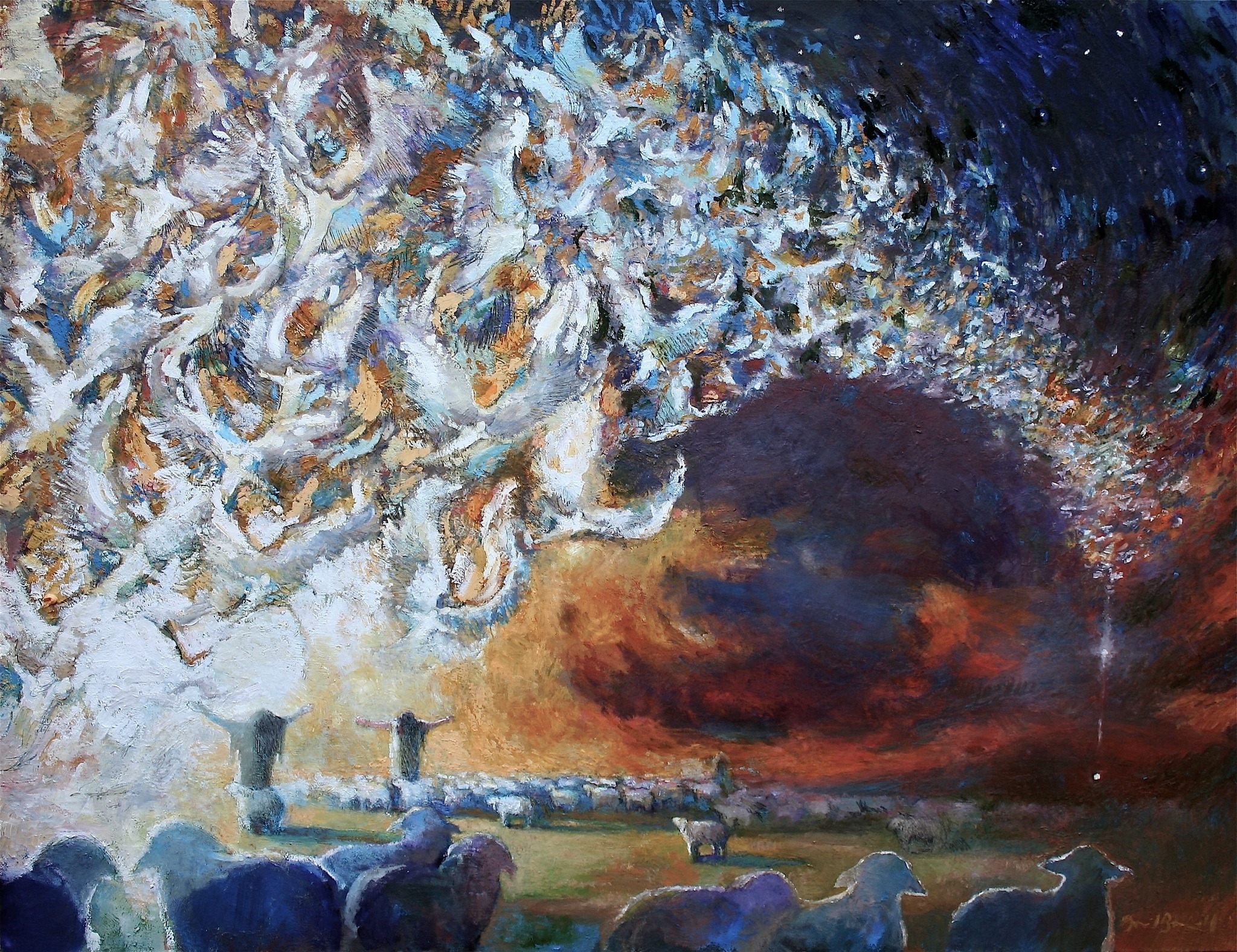Rev. José Mario O. Mandía
Caecilius Cyprianus Thascius was the second African theologian after Tertullian and greatly influenced by the latter (Cyprian called Tertullian “the master,” St Jerome says in his De viris illustribus [On illustrious men] 53). Cyprian was the first African bishop to suffer martyrdom (258 AD).
His character, however, contrasted with Tertullian’s rigorism. He possessed “those noble qualities of heart that attract charity and gentleness, prudence and spirit of union” (Quasten, II, p. 340).
Cyprian was born probably in Carthage, between 200 and 210 AD, to a rich, educated, pagan family. He was an eloquent man. Dissatisfaction with immorality in public life brought him close to the faith. He converted at the age of 35.
In his work Ad Donatum (3-4), he narrates his spiritual journey. “When I was still lying in darkness and gloomy night, I used to regard it as extremely difficult and demanding to do what God’s mercy was suggesting to me. I myself was held in bonds by the innumerable errors of my previous life, from which I did not believe I could possibly be delivered, so I was disposed to acquiesce in my clinging vices and to indulge my sins…
“But after that, by the help of the water of new birth, the stain of my former life was washed away, and a light from above, serene and pure, was infused into my reconciled heart… a second birth restored me to a new man. Then, in a wondrous manner every doubt began to fade…. I clearly understood that what had first lived within me, enslaved by the vices of the flesh, was earthly and that what, instead, the Holy Spirit had wrought within me was divine and heavenly.”
Soon after he converted, “he was raised to the priesthood and in 248 AD or the beginning of 249 AD, he was elected bishop of Carthage ‘by the voice of the people’ but against the opposition of some elderly presbyters” (Quasten, II, p. 341). There were two persecutions during his time as bishop: that of Decius (250) and that of Valerian (257-258)” (cf. Benedict XVI, General Audience, 6 June 2007).
The persecution brought about a new problem – that of the lapsi. These were Christians who were not faithful to their belief during the persecution, but wanted to rejoin the community. This caused a division in the community between laxists and rigorists. After a synod in May 251, it was decided that all lapsi be granted pardon. A period of penance was prescribed depending on the gravity of the offense.
Another challenge he faced was the plague which was blamed on the Christians and thus provoked persecution. Nonetheless, Cyprian tried to attend to all the sick, whether they be Christians or not. He urged all the faithful to do the same. He also reminded believers that though one may lose their earthly life and goods, what really matters is what they store up in heaven.
Cyprian taught that extra Ecclesiam nulla salus (“outside the Church, there is no salvation” – Epistle 72, no. 21). The Catechism of the Catholic Church says that this teaching “means that all salvation comes from Christ the Head through the Church which is his Body” (CCC 846; cf. 847-848). He asserted that “no one can have God as Father who does not have the Church as mother” (De ecclesiae unitate [On the unity of the Church], 6). In the same document, he teaches that the unity of the Church is founded on Peter. He argued that “if a man deserts the Chair of Peter upon whom the Church was built, does he think that he is in the Church?” (no. 4).
One of the precious legacies of Saint Cyprian is his teaching on prayer, in particular his Treatise on the Lord’s Prayer. “Before all things, the Teacher of peace and the Master of unity would not have prayer to be made singly and individually, as for one who prays to pray for himself alone. For we say not ‘My Father, which art in heaven,’ nor ‘Give me this day my daily bread’; nor does each one ask that only his own debt should be forgiven him; nor does he request for himself alone that he may not be led into temptation, and delivered from evil. Our prayer is public and common; and when we pray, we pray not for one, but for the whole people, because we the whole people are one” (Treatise 4, no. 8).
Moreover, Cyprian teaches that we should pray not only with our lips, but with our heart as well – “for God is the hearer, not of the voice, but of the heart” (no. 4).


 Follow
Follow

